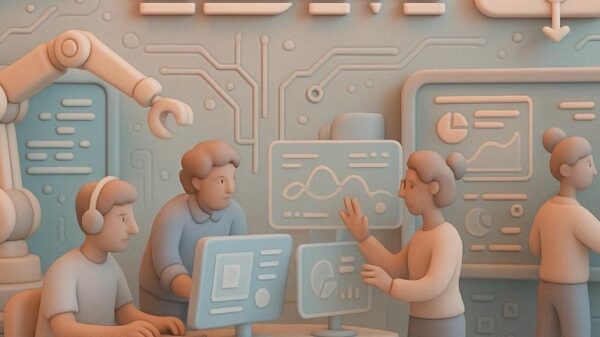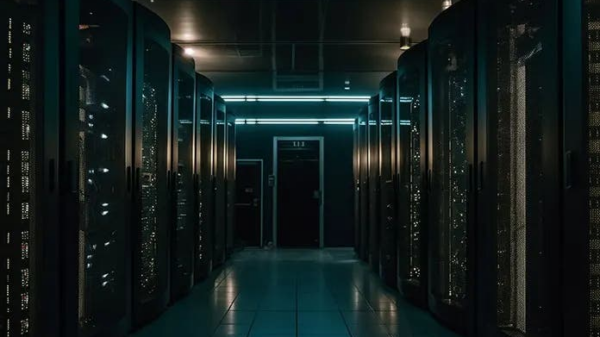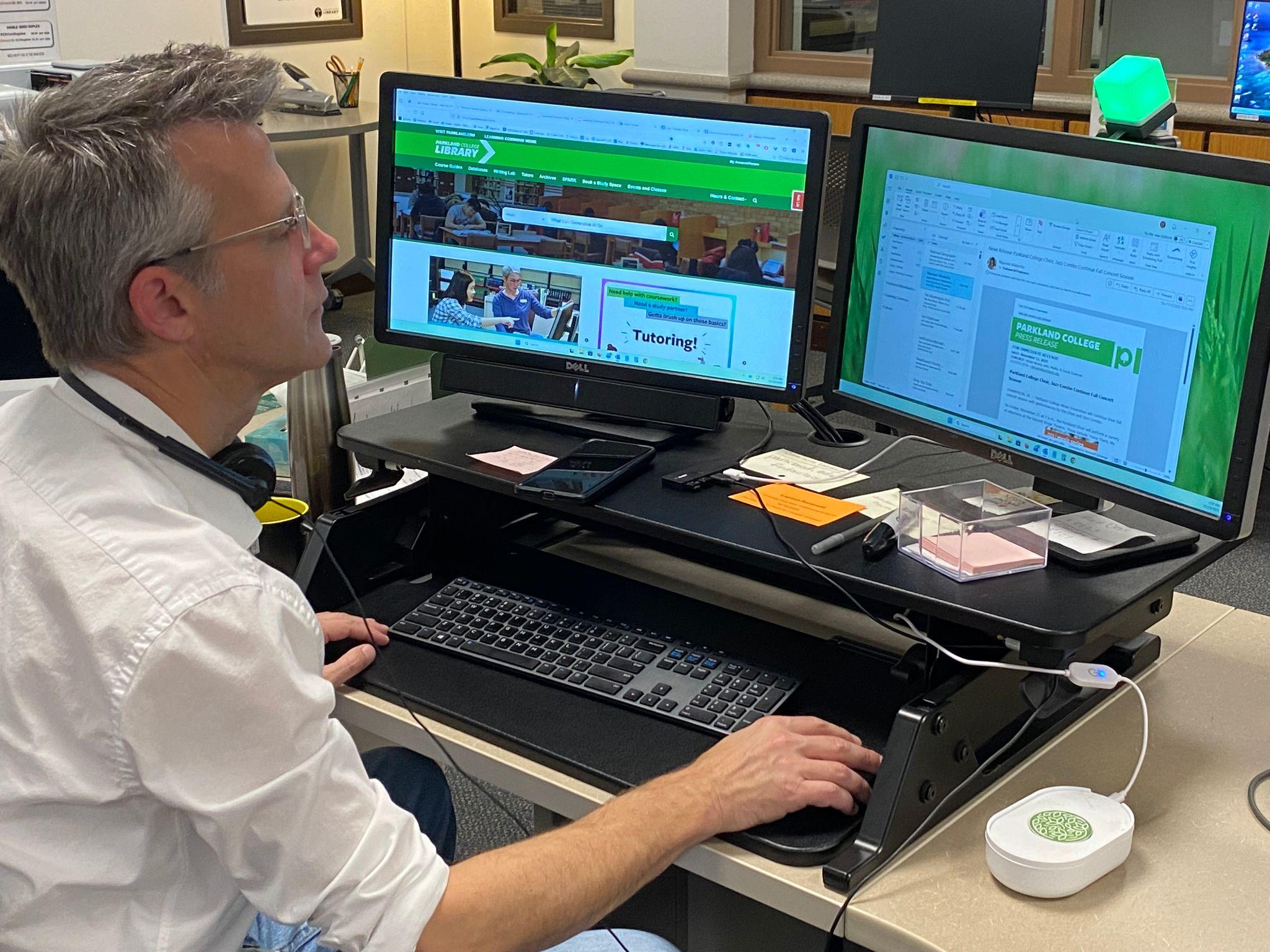As artificial intelligence (AI) rapidly integrates into various facets of society, its application in higher education has sparked significant discourse. This growing reliance raises critical questions about the balance between leveraging AI as an educational tool and succumbing to complete dependence on it. With students utilizing AI to generate essays and educators employing it for lesson planning, the implications of AI in academia are profound.
In recent years, discussions around AI have expanded to encompass crucial societal issues such as job stability, creativity, and educational integrity. Opinions on AI’s role are polarized, with some advocating for its benefits and others cautioning against its potential detriments. In the context of education, concerns persist that AI may only provide limited assistance while possibly undermining the foundational aspects of learning.
Student Perspectives on AI in Education
A student at Parkland College reflects on the use of AI in their coursework, particularly in Creative Writing and Composition II classes. They argue that using AI to create original content would not only compromise their academic integrity but also hinder their personal growth as a writer. This student emphasizes that if they rely on AI for writing assignments, it could damage their credibility and affect their future career aspirations, particularly in becoming a librarian—a role that demands extensive knowledge and reliability.
Moreover, the student expresses discomfort with the idea of future educators, healthcare professionals, and researchers relying on AI during their training. They question the implications of such reliance on industries that require profound knowledge and responsibility given the potential risks to society.
As an artist, the student has also found minimal value in AI, arguing that it detracts from the essential elements of the creative process. Their limited experiences with AI-generated images left them feeling uninspired and questioning the appropriateness of such tools in genuine artistic endeavors.
Faculty Insights on AI’s Role in Academia
Eric Sizemore, a librarian at Parkland College, provides a nuanced perspective on AI’s utility in academia. He utilizes tools like ResearchRabbit to assist students in accessing relevant research materials. Yet, he raises concerns about students misconstruing summaries generated by AI as comprehensive understandings of complex articles. Sizemore highlights that over-reliance on AI can result in a lack of critical engagement with texts, akin to neglecting the mental “muscle” required for analytical thinking.
“I’m very worried that we will take a long research article and summarize it, feeling like we have read the article without truly understanding it,” Sizemore notes. “If you use AI to produce answers, your brain has not gone through those steps.”
Trusting AI for accurate information is another significant concern. Given the prevalence of misinformation, ensuring the reliability of AI-generated content necessitates careful verification.
Nikki O’Brien, an instructor for First Year Experience 101 and an Inclusive Learning Coordinator, shares her cautious approach to AI. Although she has not integrated AI into her curriculum, she utilized AI-generated imagery for a workshop focused on time management due to decision fatigue. However, she remains wary of the potential negative impact of AI on students’ critical thinking skills.
“I think it can be harmful,” O’Brien states. “Students relying solely on AI miss out on critical brain development and self-identification, which are vital to their education.”
Both Sizemore and O’Brien express a consensus that while AI can be a useful tool, it should not replace the fundamental cognitive processes essential for learning. Students must strike a balance—leveraging AI’s capabilities without sacrificing their critical thinking and analytical skills.
As the debate continues, it’s crucial for students and educators alike to navigate the evolving landscape of AI in education thoughtfully. While AI can offer support, the emphasis should remain on developing one’s abilities and fostering independent thought. As we explore the implications of AI, the collective goal should be to cultivate skills that empower rather than inhibit learning.
See also AI in English Language Education: 6 Principles for Ethical Use and Human-Centered Solutions
AI in English Language Education: 6 Principles for Ethical Use and Human-Centered Solutions Ghana’s Ministry of Education Launches AI Curriculum, Training 68,000 Teachers by 2025
Ghana’s Ministry of Education Launches AI Curriculum, Training 68,000 Teachers by 2025 57% of Special Educators Use AI for IEPs, Raising Legal and Ethical Concerns
57% of Special Educators Use AI for IEPs, Raising Legal and Ethical Concerns Lingnan University and The University of Sydney Urge Overhaul of Education for AI Era
Lingnan University and The University of Sydney Urge Overhaul of Education for AI Era Lingnan University and University of Sydney Urge Urgent Education Reform for AI Era
Lingnan University and University of Sydney Urge Urgent Education Reform for AI Era




































































